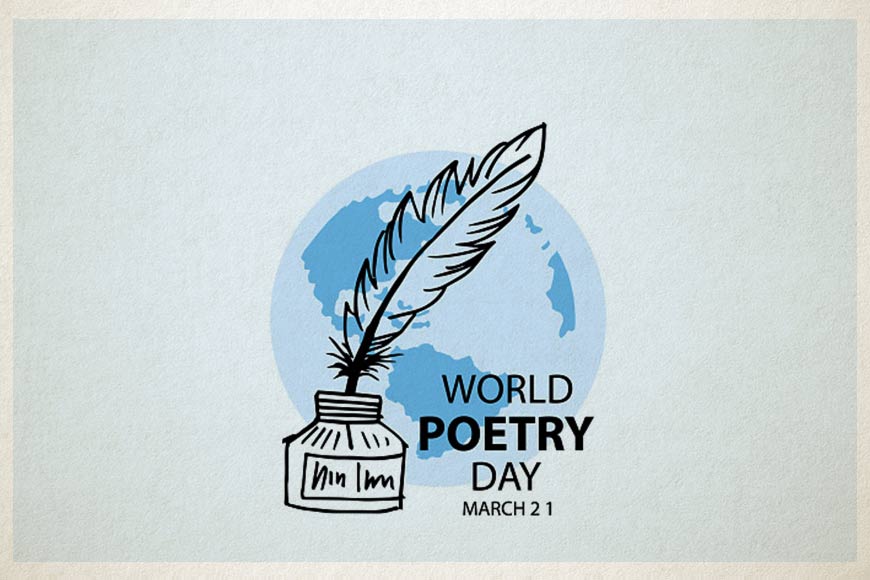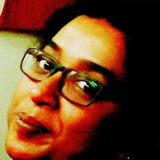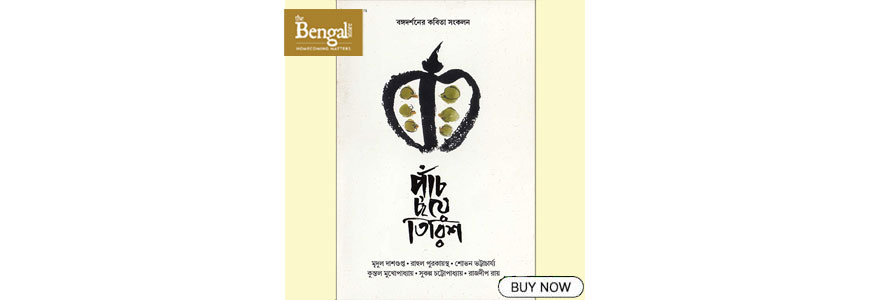On World Poetry Day, a toast to the 'mother of lies'

Poetry can be both a repository and a vehicle. It can soothe and agitate in equal measure. It can both heal and wound, extinguish and inspire. Such lofty thoughts have come to us because today is World Poetry Day, and love them or hate them, the world has never been able to ignore poetry and poets.
Nearly 400 years before the birth of Christ, the Greek philosopher Plato declared that poets would be banished from his ideal republic because poetry was a mere imitation of life and hence “the mother of lies”. It is important to realise here that in ancient Greece, the word poetry often encompassed songs, plays, as well as actual poems. Instead, Plato believed philosophers should rule the state because they dealt in truth and facts.
In 1579, the English satirist Stephen Gosson wrote a treatise titled ‘School of Abuse’, in which he continued Plato’s legacy, declaring that “a man could employ his time more usefully than in poetry”, it was still the “mother of lies”, it was immoral and “the nurse of abuse”, and that Plato had rightly banished poets from his ideal commonwealth.
The tradition of persecuting poets and their poetry has certainly endured. A few years ago, possibly in 2016, I interacted with the Polish poet Julia Fiedorczuk on her visit to Kolkata, and she described to me how multiple Eastern European nations had cracked down on poets during the wave of anti-Communist uprisings in the 1980s and 90s. “Poets are dangerous people,” Julia had said, only half-joking. “They can change the way you think.”
In 2007, Kazakh poet and political activist Aron Atabek was imprisoned in one of Kazakhstan’s harshest prisons for his activism, and was only released in October 2021 when he fell ill in the midst of the Covid-19 pandemic, which took his life a month later. In 2012, the Qatari poet Mohammed al-Ajami was sentenced to life in prison for allegedly criticising the Qatari ruling family in one of his poems, and spent five months in solitary confinement. In 2016, however, his sentence was commuted through a royal pardon.
Such examples abound throughout the world. In 2011, Mexican poet and women’s rights activist Susana Chávez Castillo was found murdered in the Mexican border town of Ciudad Juárez. Her body bore marks of horrific violence. Chávez had been highly vocal in calling for justice for the hundreds of women killed in the Juárez area since the early 1990s and took part in numerous poetry readings, which she dedicated to the murdered women.
In 1944, Hungarian poet Miklós Radnóti was marched through a forest, shot in the head, and buried in a mass grave. Later exhumed, his body bore a small notebook of poems among other documents. And among his last lines was this: “I write, what else can I do? A poem is dangerous / and if you only knew how one whimsical, delicate line / even that takes courage…”
In Bengal, the tradition of poetry is so long and so rich and so diverse that ten books would not be enough to hold it all. We have had our share of proscribed and banned poets, certainly, whenever they have fallen foul of the ruling classes. On both sides of the border, from Kazi Nazrul Islam to Sukanta Bhattacharya to Rudra Mohammad Shahidullah to Nabarun Bhattacharya to Subhas Mukhopadhyay to Shakti Chattopadhyay to Manoranjan Byapari, to name just a few - the long continuous flow of rebellion has been almost as strong as the poetry itself. And no matter how strong the persecution, the voice of a poet has never truly been silenced.
As Sigmund Freud once said: “Everywhere I go I find that a poet has been there before me.”










